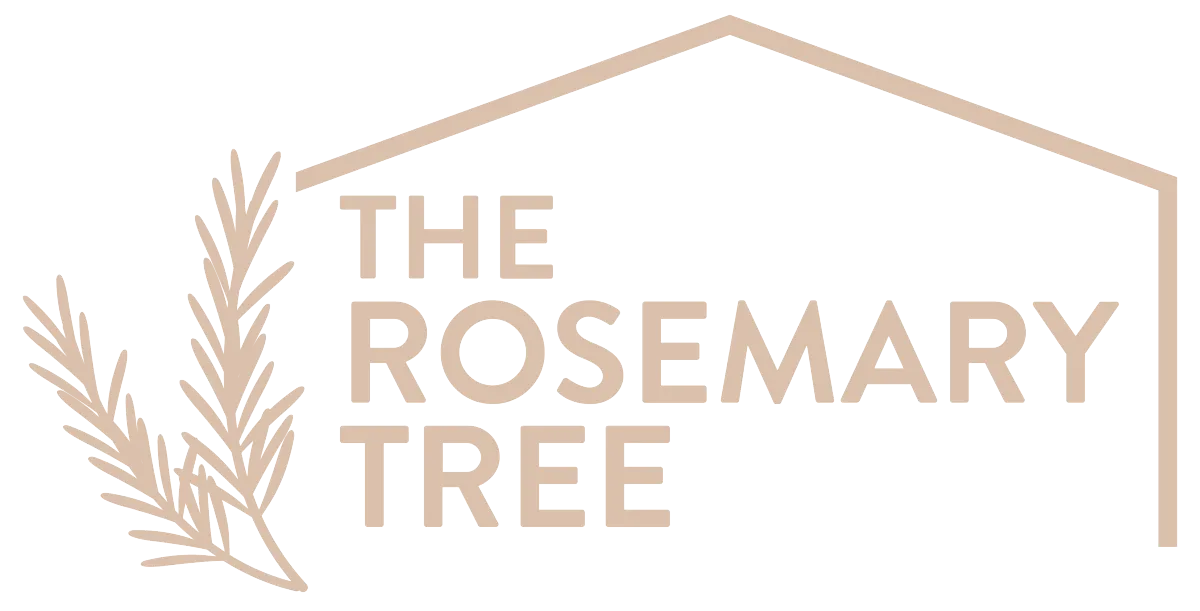CONTACT US: 602-932-3436
Partial Hospitalization Program In Phoenix, Arizona
Support for Teens.
Peace of Mind for Parents.
The Rosemary Tree’s Adolescent PHP (Partial Hospitalization Program) offers a powerful path to healing for teens who need more than weekly therapy, without the need for overnight stays.
This five-day-a-week program provides 20+ hours of therapeutic care, blending clinical excellence with creative, play-based modalities that teens actually connect with. We guide them through emotional highs and lows using evidence-based practices like DBT, EMDR, and family systems therapy, all in a setting that feels more like a supportive community than a clinical environment.
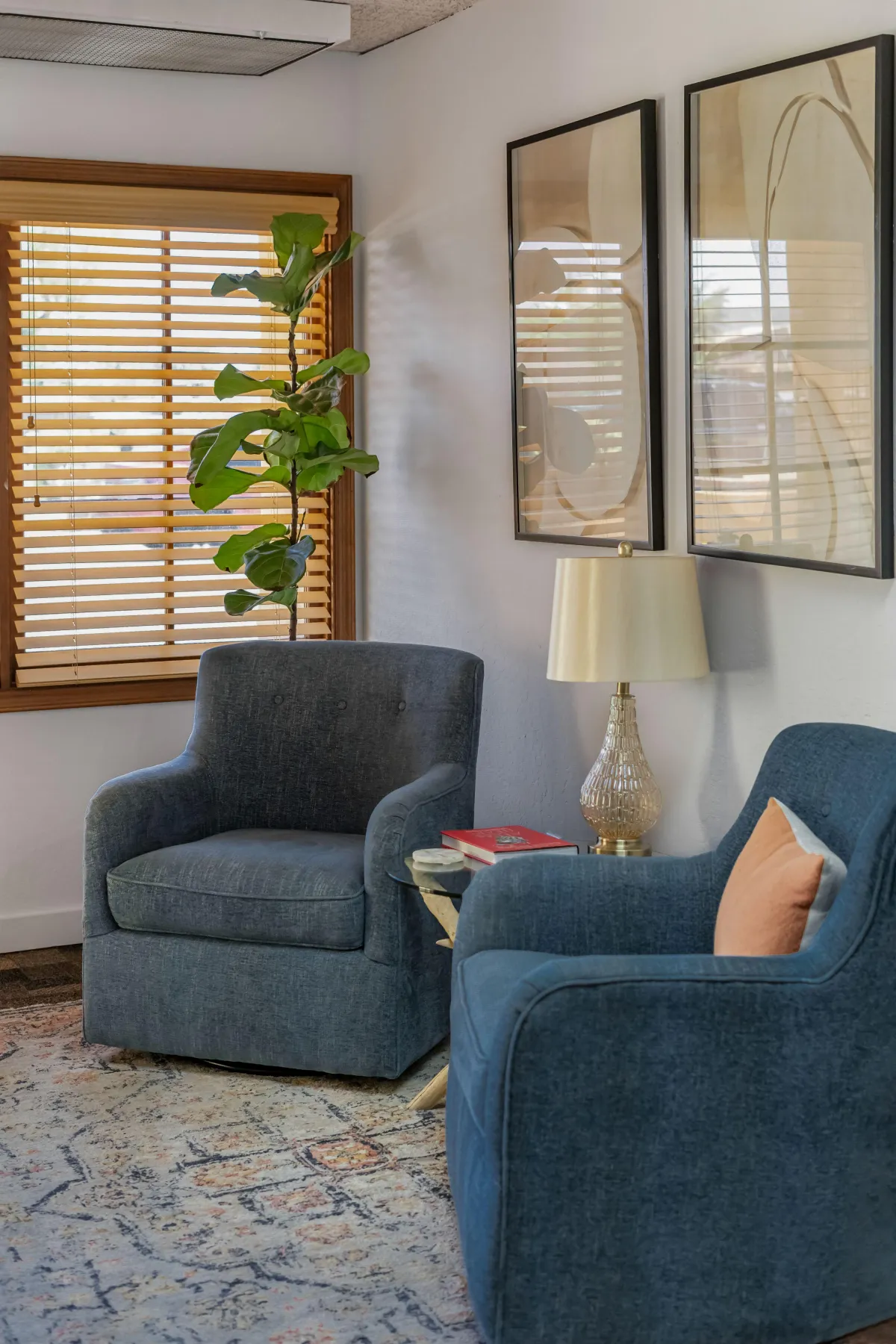
What is PHP:
The Partial Hospitalization Program (PHP) offers a structured, intensive mental health treatment option foradolescents. Operating five days a week, PHP provides the support of a hospital program without overnightstays. It helps clients balance recovery with daily life, promoting independence and resilience.
How PHP works:
Participants receive at least 20 hours of care weekly, including personalized therapy for the individual and family, academic guidance, and psychiatric support. Our program utilizes a variety of modalities including dialectical behavior therapy (DBT), family systems, and trauma-informed care (EMDR).
Exiting the program:
The program fosters a sense of community, where clients connect and support each other in their journey to recovery. We ensure a smooth transition to less intensive services, like our Intensive Outpatient Program (IOP), to support long-term recovery and independence.
NOTE: Our PHP is in-network with BCBS, Aetna and Cigna.
Who is this for?
Our program is catered to teens and adolescents who are facing the following:
Anxiety
Depression
Trauma
Emotional disregulation
Our program is catered to teens and adolescents who need:
Structured support beyond what outpatient therapy provides
An alternative to full inpatient care.
Whether your teen is struggling silently or in crisis, our team is here to meet them exactly where they are — and help them move forward.
About Our Partial
Hospitalization Program
PHP provides the support of a hospital program without overnight stays. It helps clients balance recovery with daily life, promoting independence and resilience.
Structured Schedule of Intensive care
Our program is five days a week with 20 hours of care weekly, including:
Academic support
Teen group
Individual sessions
Family sessions
Parent group
Rooted in Multiple Clinical Approaches
Our program utilizes a variety of modalities including:
DBT
EMDR
Family systems
Trauma-informed care
To increase emotional regulation, people skills, distress tolerance, and lasting healing.
What makes our program different?
Personalized Therapy Plans
No one-size-fits-all approach. Every teen gets a tailored roadmap for healing — and a team that’s truly in their corner.
Whole-Family Support
We believe healing is a family journey. Through parent groups and family sessions, we equip caregivers with the tools to better connect, support, and communicate with their teen.
Creative + Clinical Healing
Our approach integrates play, nature, movement, and expression. It’s not just therapy, it’s transformation.
Academic & Life Balance
Teens stay engaged with school while building emotional resilience. We provide academic support so they don’t fall behind during their healing process
Resources and Guides for Parents
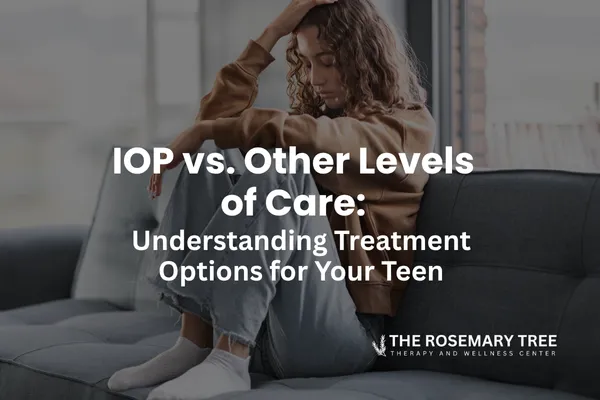
IOP vs. Other Levels of Care: Understanding Treatment Options for Your Teen
Introduction: Why Levels of Care Matter
Navigating mental health treatment for your adolescent can feel overwhelming. You’ve heard terms like outpatient, IOP, PHP, and residential—but what do they mean, and which is right for your child? Understanding the differences between levels of care ensures your teen receives appropriate support without over- or under-treating their needs. This guide compares Intensive Outpatient Programs (IOPs) with other common treatment options.
Outpatient Therapy: A Starting Point
Most teens begin with traditional outpatient therapy—weekly or biweekly sessions with a licensed clinician. Outpatient therapy works well when your child’s symptoms are mild to moderate, and they can manage daily activities like school and family responsibilities. Sessions focus on developing coping skills, processing emotions, and setting goals. If progress stalls or symptoms worsen, a higher level of care may be necessary.
Intensive Outpatient Programs (IOPs): Flexible but Structured
An IOP offers more support than weekly therapy while allowing your teen to live at home and attend school. Typically, participants attend therapy 3–5 days per week for 3–5 hours per day. Programs combine group therapy, individual counseling, skills training, and sometimes creative or experiential therapies. IOPs are ideal for teens who need consistent support but don’t require full-day supervision. They can also serve as a step-down from residential or partial hospitalization.
Partial Hospitalization Programs (PHPs): More Intensive Care
PHPs provide a higher level of care than IOPs. Teens attend treatment 5–7 days per week, usually 5–7 hours per day. These programs offer more structured therapeutic interventions, including medical monitoring and daily psychiatrist visits if needed. PHPs are suitable for adolescents with acute mental health challenges that impact their ability to function at school or home but who do not need 24/7 inpatient care.
Residential Treatment: 24/7 Support
For severe, persistent, or complex issues—such as persistent suicidal thoughts, severe eating disorders, or unsafe behaviors—residential treatment may be recommended. These programs offer round-the-clock supervision, medical care, and intensive therapy. Teens reside on-site for several weeks to months, focusing on stabilization and long-term recovery strategies.
Comparing IOP with Outpatient Therapy
Intensity and Time Commitment: IOPs require multiple sessions per week, while outpatient therapy is typically once weekly. The increased frequency in IOPs allows therapists to address issues promptly and reinforce skills.
Structure and Support: IOPs offer a structured schedule and integrate group work, individual therapy, and skills training, providing a comprehensive approach that isn’t possible in weekly sessions.
Suitability: IOPs are recommended when teens need more than weekly guidance but aren’t in crisis. Outpatient therapy may suffice for mild symptoms or maintenance.
Comparing IOP with PHP
Hours Per Day: An IOP usually runs 3–5 hours per day, whereas a PHP runs 5–7 hours daily. PHPs offer longer sessions, more therapy components, and often include lunch breaks and activities.
Clinical Oversight: PHPs provide more medical supervision. Psychiatric evaluations and medication management are often integrated daily. IOPs may include psychiatric support but less frequently.
Symptom Severity: PHPs serve teens who struggle to function in school or home due to the severity of their symptoms. IOPs support adolescents who still manage daily life but need consistent therapeutic guidance.
When to Consider Residential Treatment
If your teen’s safety is at risk or symptoms require continuous monitoring, residential treatment may be necessary. Examples include frequent suicidal ideation, self-harm, severe eating disorders, or significant substance use that has not improved with lower levels of care. Residential programs provide stabilization, multidisciplinary treatment, and a supportive environment away from stressors at home.
How to Choose the Right Level of Care
Choosing a treatment level involves assessing symptom severity, safety risks, and daily functioning. Consult with a mental health professional, who may recommend stepping up or down based on progress and stability. Consider factors like:
Severity of Symptoms: Are symptoms interfering with school, relationships, or daily activities?
Safety Concerns: Is your teen at risk of harming themselves or others?
Support System: Does your family have the capacity to support your teen at home?
Flexibility and Logistics: How will attendance affect school and work schedules?
Conclusion: Finding the Right Fit
Every teen’s mental health journey is unique. Understanding the differences between outpatient therapy, IOPs, PHPs, and residential treatment helps you make informed decisions. An IOP strikes a balance between structure and flexibility, offering intensive support while preserving daily routines. If you’re unsure which level is appropriate, consult with a licensed therapist or psychiatrist who can guide you toward the best choice for your adolescent’s needs.
A Safe and Supportive Space for Youth at Our Arizona Treatment Center
We offer our services in an intentionally home-like environment at our residential-style treatment center in Arizona. Our goal is to create a space where adolescents feel comfortable—not clinical—while receiving care at our facility for adolescents.
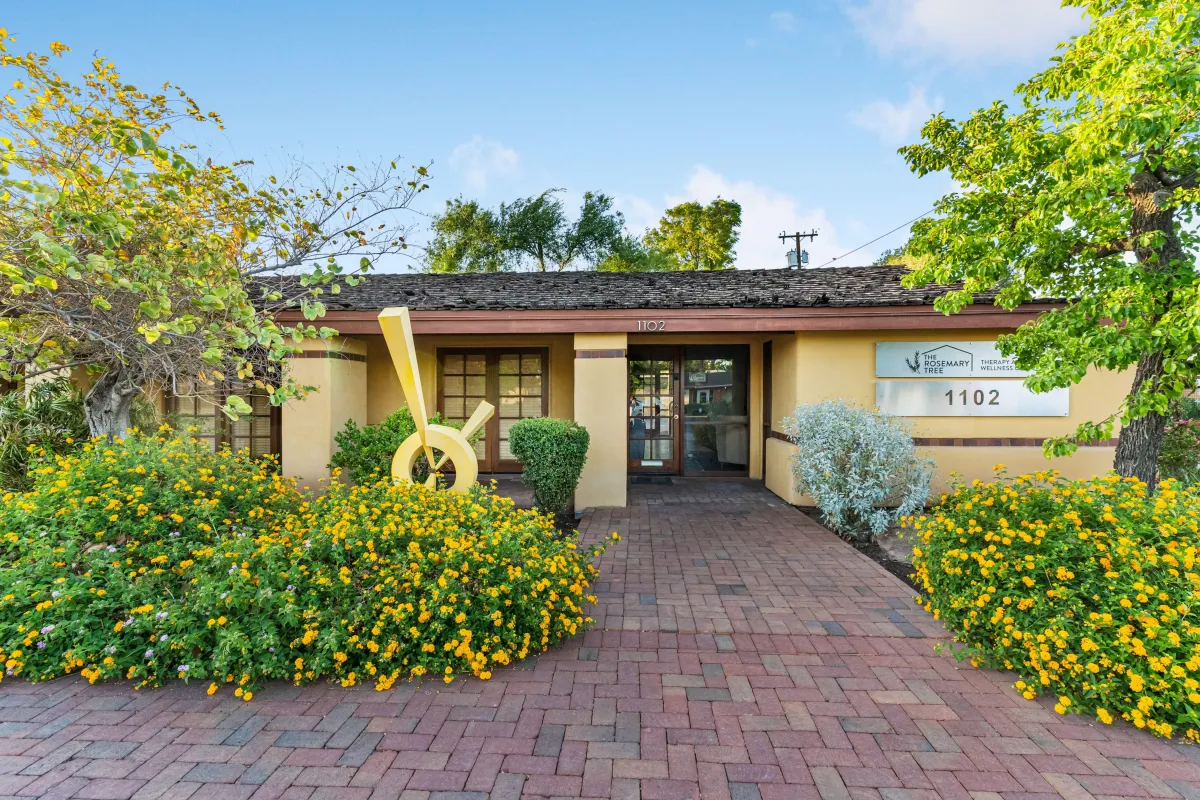
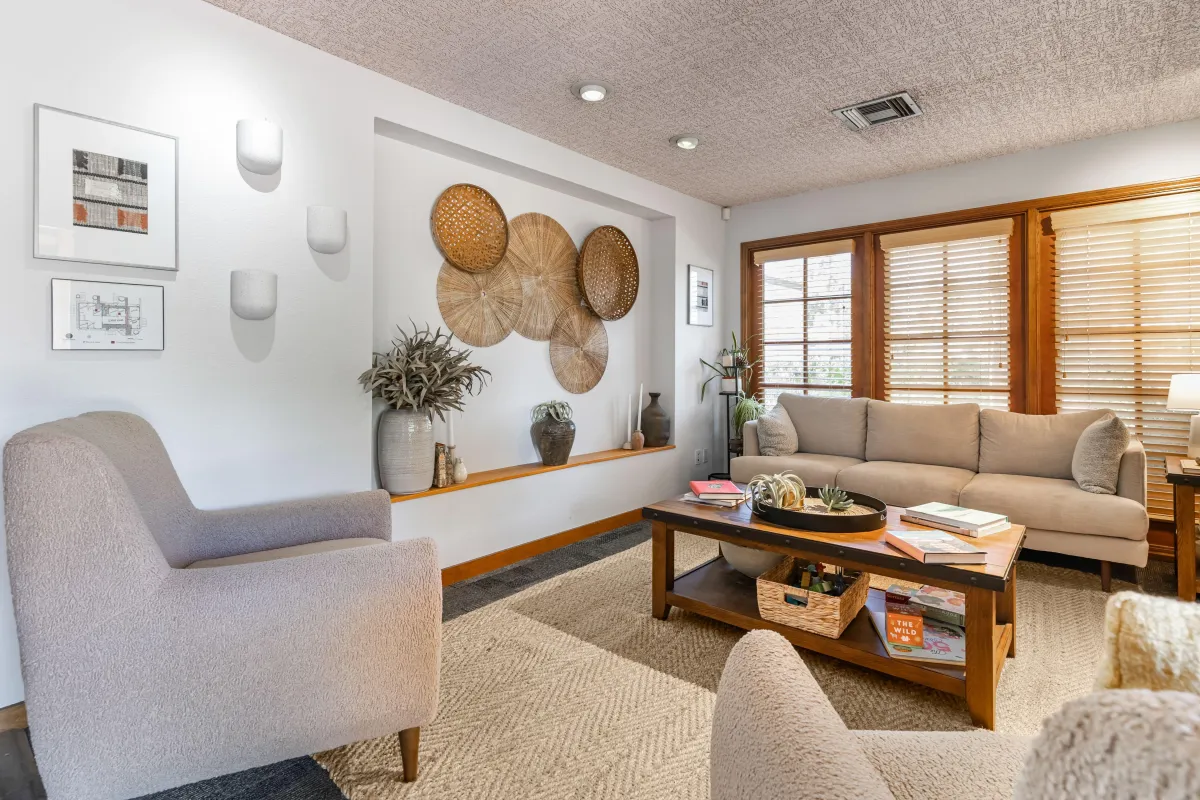
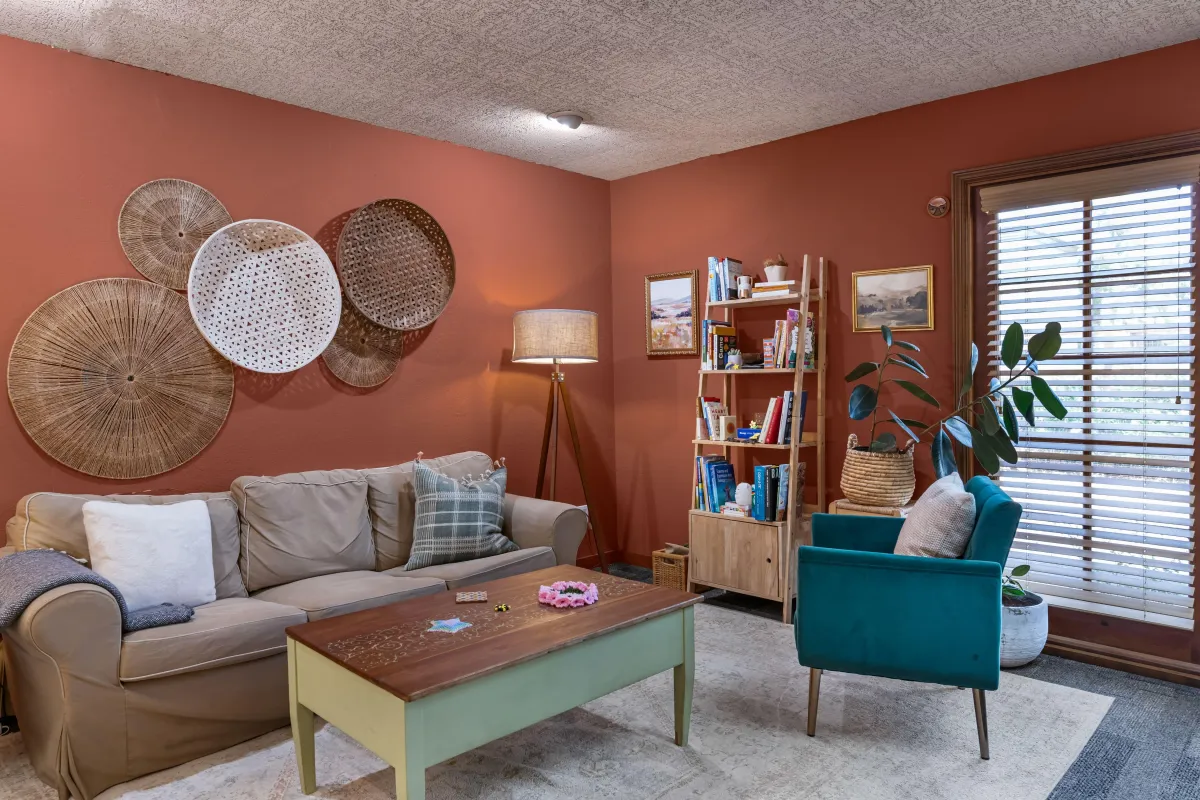
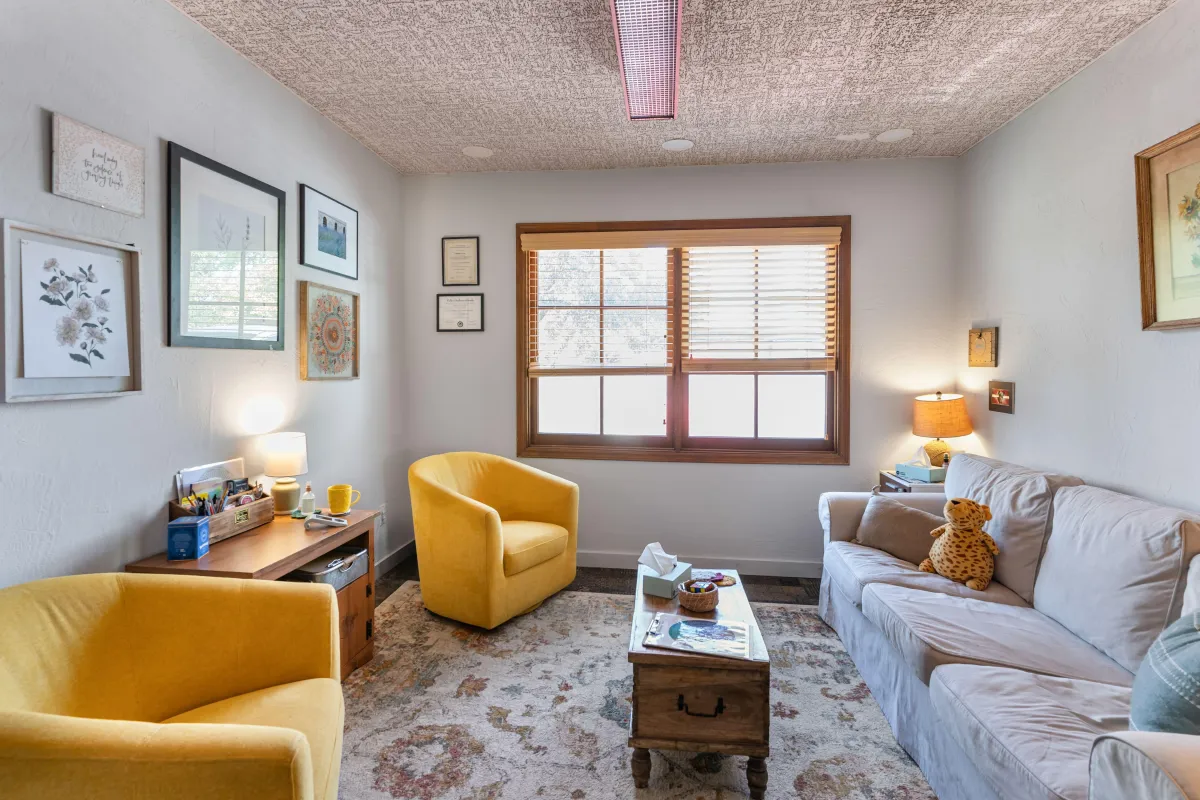
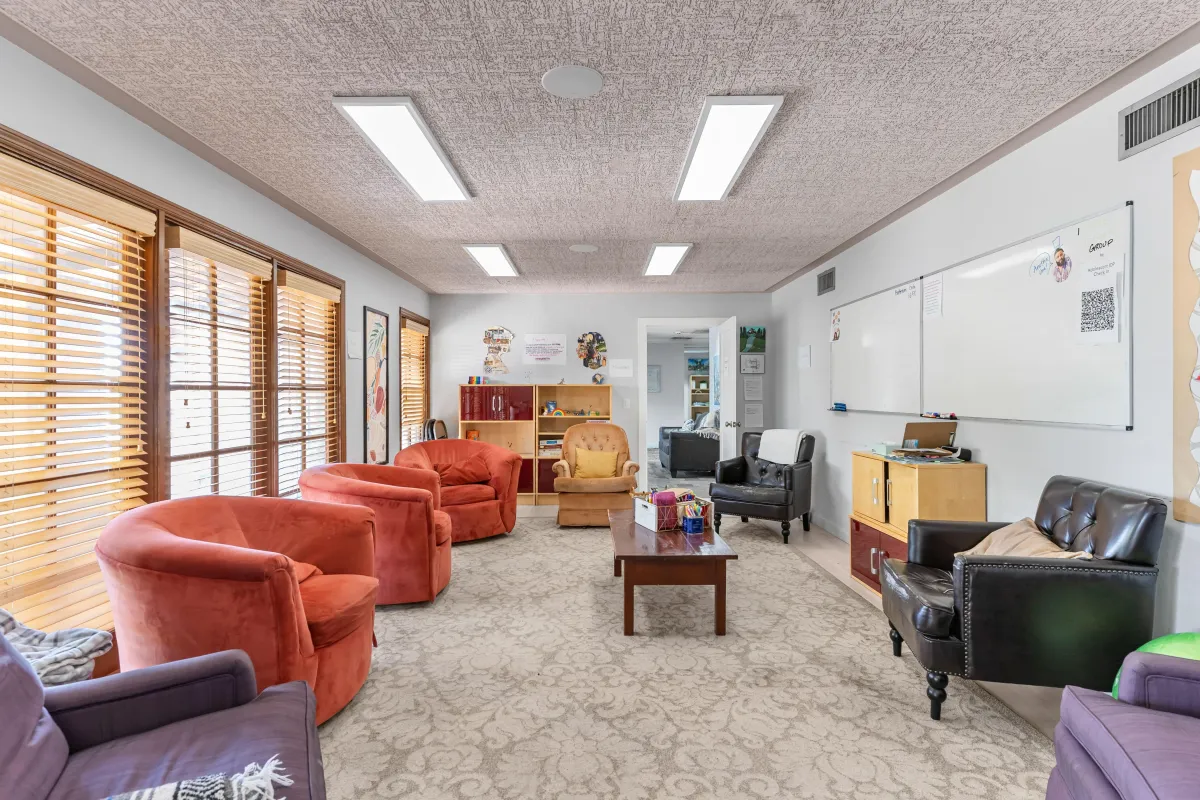
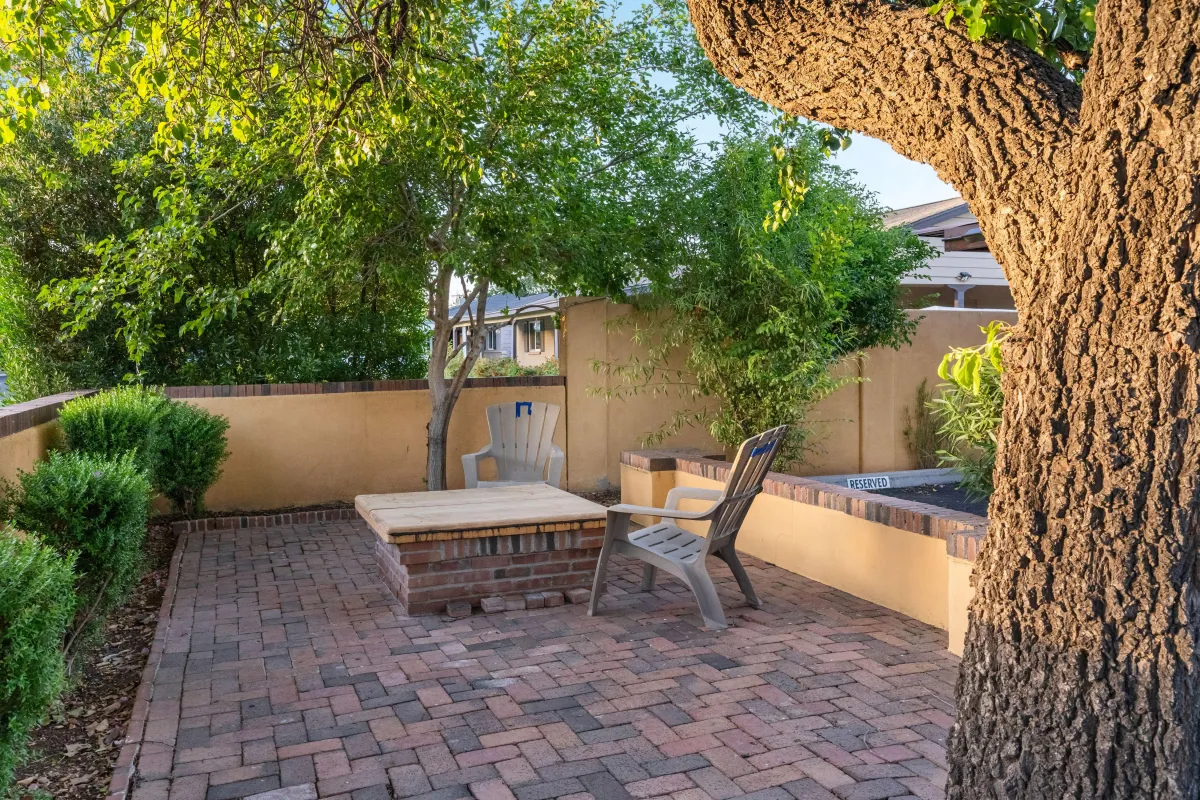
The Rosemary Tree Mental Health Treatment Centers in Phoenix, AZ
The Rosemary Tree operates residential treatment centers for youth in Arizona, offering specialized care for a variety of personal and relational challenges. Through our residential treatment facility for adolescents, we provide inpatient residential care, outpatient intensives, marriage and relationship counseling, family counseling, individual counseling, and more.
Our partial hospitalization program in Phoenix, intensive outpatient program in Phoenix (IOP), and DBT therapy programs are among the most clinically effective in the state. As a trusted residential treatment Arizona provider, we offer an intensive outpatient program in Phoenix, AZ, designed to support individuals needing structured care while maintaining daily responsibilities. Our specialized IOP for adolescents and IOP for youth provide tailored therapeutic approaches, ensuring young individuals receive the guidance and support they need. We integrate evidence-based treatments such as Narrative Therapy, Dialectical Behavioral Therapy (DBT), Eye Movement Desensitization and Reprocessing (EMDR), Internal Family Systems (IFS), Cognitive Behavioral Therapy (CBT), Acceptance and Commitment Therapy (ACT), Restoration Therapy (RT), Sensorimotor, Gestalt, and Art Therapy, among many others.
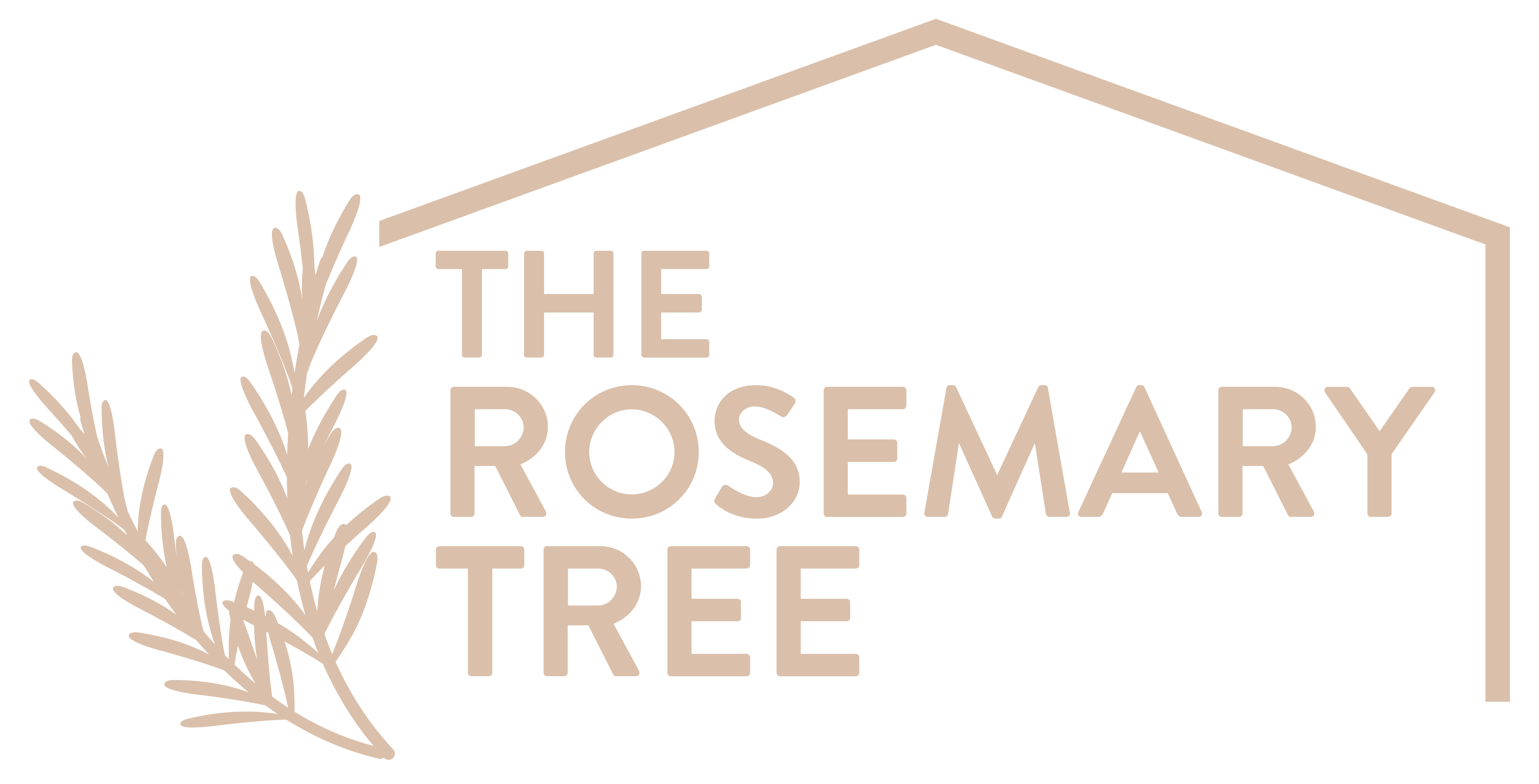
⚡ Site Built with BAMF Technology ⚡
